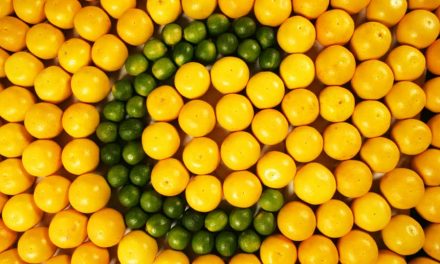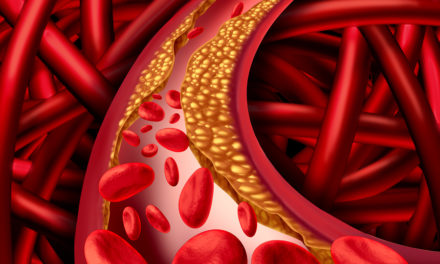 Diet can play a role in inflammatory bowel disease (ulcerative colitis and Crohn’s disease). Food sensitivity may play a role in some cases. A small study published in South African Family Practice (June, 1995;16:393-399) resulted in six of seven patients with inflammatory bowel disease became symptom-free after following an elimination diet. Foods found to trigger reactions in various patients included pineapple, banana, cheese, tomato, coffee and milk.
Diet can play a role in inflammatory bowel disease (ulcerative colitis and Crohn’s disease). Food sensitivity may play a role in some cases. A small study published in South African Family Practice (June, 1995;16:393-399) resulted in six of seven patients with inflammatory bowel disease became symptom-free after following an elimination diet. Foods found to trigger reactions in various patients included pineapple, banana, cheese, tomato, coffee and milk.
A study that appeared in Hepato-Gastroenterology (1990;37:72-80) looked at the effect an elemental diet had on patients with Crohn’s disease. The elemental diet involves consuming all nutrients in a liquid form via a gastric feeding tube or IV, gives the inflamed gastrointestinal tract an opportunity to heal. With no food being consumed, digestion does not have to occur, giving the GI tract opportunity to reprieve from the very processes that inflame it. In this study, patients on an elemental diet actually improved more than patients who were given drug therapy.
Consumption of refined carbohydrates can aggravate symptoms. The European Journal of Gastroenterology and Hepatology (January, 1995;7(1):47-51) conducted a prospective, epidemiological study of 104 patients and found that patients with Crohn’s disease and ulcerative colitis have a high intake of starch and sugar. Other research that appeared in Epidemiology (January 1992;3(1):47-52), followed the dietary habits of 142 patients with ulcerative colitis, 152 patients with Crohn’s disease and 305 healthy controls over a period of three years. The relative risk of Crohn’s disease increased with sugar intake and decreased with fiber intake. Eating fast food increased the risk for both Crohn’s disease and for ulcerative colitis. These studies may support Elaine Gottschall’s model of inflammatory bowel disease.
In her book, Ending the Vicious Cycle , Gottschall describes a possible mechanism for inflammatory bowel disease and a dietary solution. She reasons that we eat too many complex carbohydrates (disaccharides like table sugar and lactose in milk, and starches like bread, potatoes, rice and beans). Our own enzymes are not adequate enough to digest the large amounts of sugar and starch that we consume, so it passes into the intestine without being digested. The undigested food allows bacteria to grow, irritating the intestinal lining. The irritation of the intestine causes a further reduction in the amount of enzymes produced, resulting in more undigested food. Gottschall suggests that completely avoiding starches and sugar (the sugar that is in fresh fruit is permissible). Some patients, but not all of them, go into remission after following Gottschall’s recommendations.





